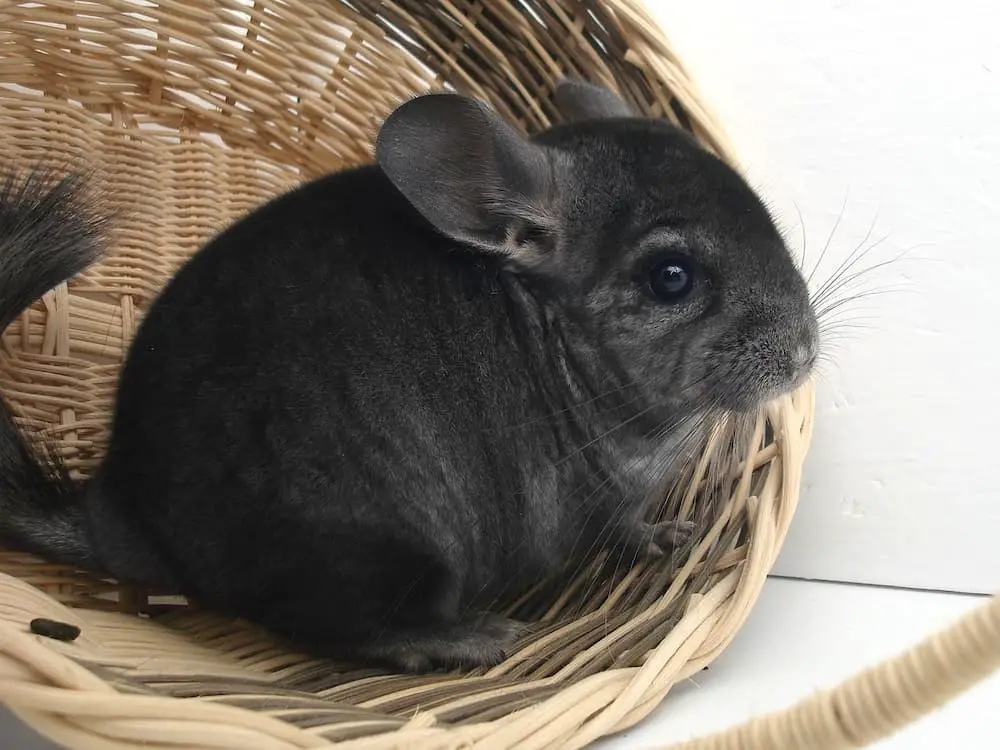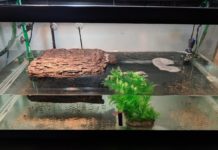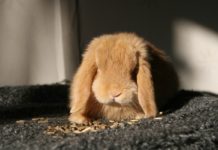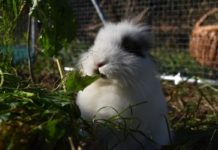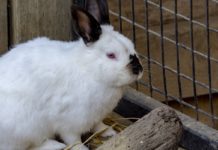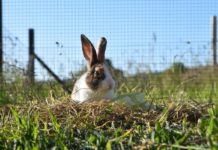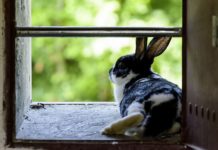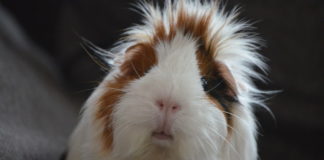Chinchillas are cute and furry animals that can sometimes become picky when it comes to eating food. These finicky little animals typically love eating at the commercial pellets that are designed just for them. They also love to munch on hay, bark, and grass. However, even though chinchillas can and should be offered various healthy snacks for optimal nutrition intake and healthy life, they can often stick their nose up at any of the snacks that are provided to them.
But just because your chinchilla isn’t eating a certain type of food doesn’t mean that it should be eating it. So, can chinchillas eat pistachios? In short, they really shouldn’t be given pistachios. There are lots of other snack options out there that are healthier and more appropriate for this animal. Here’s everything that you need to know about feeding pistachios to your chinchilla.
Chinchillas Can Technically Eat Pistachios, But Should They?
While chinchillas can technically eat pistachios, it doesn’t mean pistachios should be made a regular part of their diet. Remember that Chinchillas consume plants because they’re herbivores. Pistachios are high in calories and fat, both of which can contribute to obesity and future health problems. Feeding pistachios to a chinchilla will leave less room in their diet for healthier and less calorie-dense snack options.
There’s no need to worry if your chinchilla eats a pistachio, and you can even offer half of a pistachio as a snack occasionally. However, it’s important to make sure that the pistachios are not included in your chinchilla’s commercial food and that they’re not included in the animal’s regular snack offerings.
Other Foods That Chinchillas Shouldn’t Eat
In general, all seeds and nuts should be avoided as snacks for your chinchilla. Fresh fruits are included in this and should not be offered to chinchillas either because they contain high amounts of phosphorous, which can lead to ulcers. Fresh fruits also contain high amounts of minerals, which can cause a nutrition imbalance for a chinchilla as time goes on.
It’s important to note that vegetables should also be avoided in large part because they can result in bloat and digestive discomfort. Commercial pellet food that’s not designed specifically for chinchillas and seed mixes are a big no as they’re not formulated to meet the nutritional needs of this specific species.
Better Snack Options For Chinchilla Owners To Use
No “human” type foods should make up the majority of your chinchilla’s diet at any one time. Remember, about 95% of your chinchilla’s diet should be composed of commercial pellets and hay that can be sourced from the livestock supply shop. Although, 5% of their diet can be made up of healthy snacks that you can get from your kitchen or easily sourced from grocery or health food stores.
Healthy snack options to consider include:
- Raisins
- Twigs from fruit trees
- Dandelion leaves
- Green and red leaf lettuce
- Kale
- Chard
- Alfalfa sprouts
- Parsley
- Celery
- Carrots
- Squash
It’s important to keep in mind that your chinchilla only needs a few of these foods to gain their nutritional benefits. In fact, too many of these “healthy” foods could become disastrous to your chinchilla’s overall health. Therefore, your chinchilla shouldn’t get more than one teaspoon’s worth of snacks a day. While that isn’t much to us humans, it’s plenty for your small chinchilla. You can choose a different food for snack time each day to ensure that the nutrition that your pet gets is varied.
Conclusion
Often referred to as pocket pets, chinchillas don’t need much food to thrive. This is why it’s so important to make sure that every bite that your pet chinchilla takes counts. There should be no room for “junk food” like there is for us humans. If you can, keep track of the snacks that you offer your chinchilla every day so that you’ll know what has and hasn’t been to them recently.
Doing this will make it easier to figure out which foods to lay off of in order to avoid overfeeding. It’ll also enable you to identify which foods have not been offered to your chinchilla more recently so you can be more confident they can be safely put into the snack rotation again.

